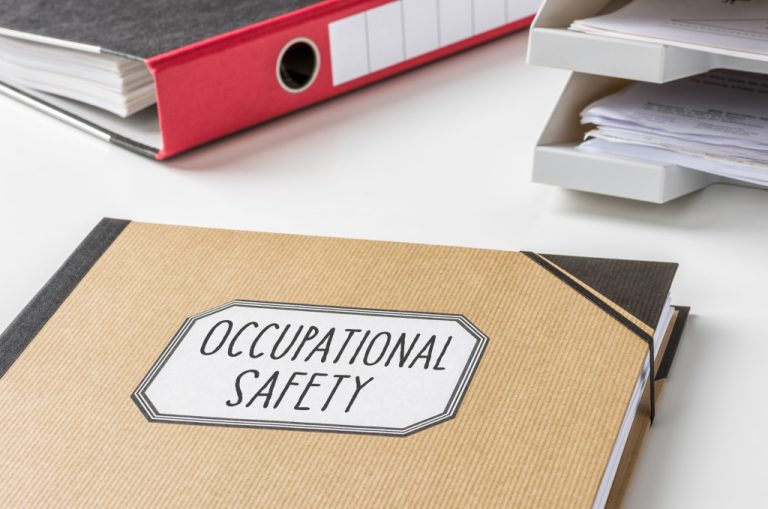It’s no secret that Americans are in debt. The average American household has $90,000 in debt, including mortgages, student loans, credit cards, and car loans. That’s a lot of debt! In addition to this, no American is safe. It’s estimated that more than 90% of the population is in debt. But why are Americans so deep in the red? Let’s take a look at five of the most common reasons.
Lack of Financial Education
Unfortunately, financial education is not taught in most schools. This means many people graduate from college without knowing how to manage their money or make sound financial decisions. As a result, they often find themselves racking up credit card debt and taking out loans they can’t afford to pay back.
Living Beyond Their Means
Many Americans live paycheck to paycheck because they spend more money than they bring in each month. This often happens because people use credit cards to finance their lifestyles, whether buying clothes, eating, or taking vacations. And while there’s nothing wrong with using credit cards for these purposes occasionally, it’s not sustainable in the long run. Eventually, the bill comes due—and that’s when people find themselves in over their heads.
Unexpected Expenses
Life is full of surprises—and not all of them are pleasant ones. Whether a medical emergency or a car repair, unexpected expenses can quickly add up and put people in debt. And if people don’t have an emergency fund to cover these unexpected costs, they may have no choice but to put them on a credit card and pay interest on the balance.
Job Loss
An unforeseen job loss or reduction in income can lead to financial difficulties. If people don’t have enough to cover their living expenses for a few months, they may have to rely on credit cards or loans to get by until they find another job or source of income. And once again, this can quickly lead to debt problems.

Life Changes
Divorce is one of the most common causes of debt problems in America—but it’s not the only one. Other significant life changes, such as having a child or buying a house, can lead to financial difficulties if people don’t plan and budget appropriately. In some cases, people may have to pay additional debt to keep up with these changes (e.g., taking out a mortgage for a new home).
These are just five of the most common reasons why Americans find themselves in debt—but there are plenty of other potential causes (e..g., gambling debts, business debts). If you’re struggling with debt problems, know that you’re not alone—and help is available if you need it. Additionally, there are three laws you need to know that can help you if you’re in debt. The very first one is bankruptcy laws.
Bankruptcy
Everyone has access to file for bankruptcy, which can help relieve some or all of their debts. However, it’s important to remember that bankruptcy does have long-term consequences, such as damaging your credit score and making it harder to get loans in the future. There are different kinds of bankruptcies. If you’re an employee, you must file for chapter 13 bankruptcy. This kind of bankruptcy is for people with a steady income who can pay back their debts over time. If you’re self-employed or don’t have enough income to pay your debt, then chapter 7 bankruptcy may be your best option. In this case, some of your assets may be sold to pay off your debt. It’s important to know that filing for bankruptcy should always be a last resort, and other options are available, such as credit counseling and consolidation loans.
Fair Debt Collection Practices Act
Debt collectors are legally allowed to contact you about your past due debts—but they must adhere to specific guidelines set by the Fair Debt Collection Practices Act. This includes not harassing or threatening you, only contacting you between 8 am and 9 pm, and not disclosing information about your debt to others. If debt collectors violate these rules, they can file a complaint with the Federal Trade Commission.
Fair Credit Reporting Act
The Fair Credit Reporting Act includes your rights to access and dispute any information on your credit report, which can impact your ability to get loans or other forms of credit in the future. You must check your credit report regularly for errors or fraudulent activity and ensure it accurately reflects your financial habits and history. You have the right to challenge any incorrect information on your credit report and have it corrected.
While debt can be overwhelming, resources are available if you struggle with it. And by being mindful of potential causes and knowing your rights, you can also take steps toward preventing debt problems before they occur. Remember—you’re not alone in this journey; help is out there. So take the steps needed to manage and reduce your debt, and work towards financial stability.







